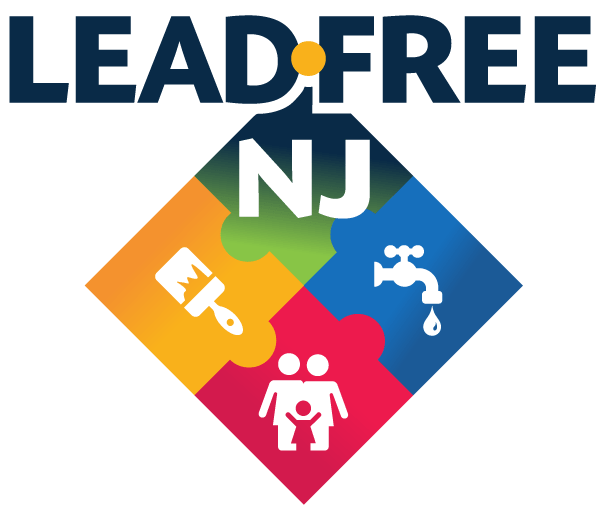Summer is for fun! Open your windows and let the sunshine, warmth, and breezes blow, but remember: lead is not only found in water pipes. It can also be found in the air.
Lead in the Home
While you, like most people, are probably aware of the lead sometimes found in chipping paint and old pipes, you might not be as familiar with the threat of lead in the air. If you live in an older home, especially one built before 1978, there is a strong likelihood of the presence of lead paint, pipes, or other sources of the heavy metal, which could be present in the air you and your family breathe.
Though it may not be intuitive, home improvement projects that might initially seem harmless can put lead in the air. Furthermore, construction sites can turn over dirt for foundations or loosen soil, and that process can release contaminated lead particles into the air when the wind blows. Even that garden you planted can add lead to the air if the soil is contaminated.
According to the Environmental Protection Agency (EPA) website, “Lead in household dust results from indoor sources such as old lead-based paint on surfaces that are frequently in motion or bump or rub together (such as window frames)… Even in well-maintained homes, lead dust can form when lead based paint is scraped, sanded or heated during home repair activities.” The most important thing to remember is that simple, everyday actions can send lead into the air and the remainder of this blog will show you some ways to combat this.
First, it is important to recognize potential sources of lead contaminants, such as when sanding a banister before painting or sweeping your sidewalk or steps. If there is lead present in the surfaces being sanded or swept, particles can mix with the air and a strong breeze can bring them into your home or the homes of your neighbors.
Now, you might be wondering, “Are you serious? Does that mean I’m never supposed to open my windows?” Absolutely not! No one wants to keep their windows closed all the time, nor should they. Fresh air is beneficial for many reasons, and fear of lead contamination should not keep you from enjoying the summer’s fresh air and sunlight. Just be mindful when you’re cleaning to damp wipe down walls, wet mop floors, and damp wipe surfaces regularly. The moisture will trap any particles in the cloth used to wipe contaminated surfaces. Make sure to clean clothes thoroughly before the next use. You also should increase the frequency of handwashing for children, especially those under age six, whose brains are still developing. Children that young are closer to the floor and can more easily pick up particles of lead on their hands, and exposure to lead can affect brain development. Also be sure to regularly clean any toys that children come into contact with as well.
Do you have a painting project planned? If you are not sure if the surface you are painting over contains lead paint, or if you are painting over chipped paint that will not be removed, make sure there are no children around when painting, and try to remove as many loose chips as possible before doing the work. Remember to do this safely, by gently scraping the chipped areas, but only if the space is secured. You can do this using a tarp or plastic to cover the area where you will be scraping to prevent the wind blowing any dust or chips. This will prevent the lead particles from flying away and contaminating the surrounding air or area. Further, when hiring a contractor, if you suspect the presence of lead in paint or in the area where they will be working, look for someone who is lead-safe certified to ensure that if any lead is present, it is disposed of properly and safely.
Symptoms of Potential Lead Poisoning
Lead poisoning symptoms can be subtle. There may be changes in behavior, seemingly unfounded complaints about stomach pain, unexplained headaches, or unusual or unexpected tiredness. These symptoms can indicate lead exposure. The best thing you can do is to have your child tested, and to test yourself and others in your household as well. Here is a link to a card you can take to your health care provider the next time you visit to ask them to test your child and/or others in your household for lead poisoning.
Knowledge is Your Superpower!
The more you know about the effects of lead, how to try to reduce exposure and how to get tested, the safer you will be from the potential toxic impacts of lead. The next thing you can do to expand your power is to share this knowledge with your family, friends, and neighbors, and join local organizations who are committed to “Getting The Lead Out” of New Jersey, like Lead Free New Jersey! You can join Lead-Free NJ as an individual, authorized member of your organization, or both for FREE.
Sources:
Cleveland Clinic News Service
EPA.GOV website
